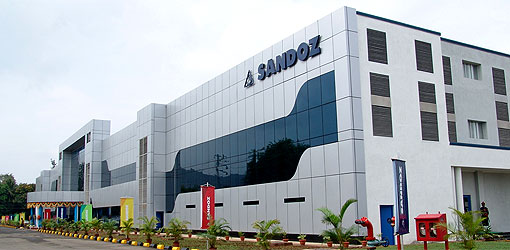Sandoz axes filing of US Rituxan biosimilar

Sandoz has abandoned plans to get a cheaper biosimilar of Swiss rival Roche’s cancer drug Rituxan (rituximab) approved in the US.
Novartis' biosimilars and generics division said that it will not further pursue a US filing after a request for further information from the FDA, and will focus on other biosimilars in its pipeline in “areas of greatest unmet access needs”.
Novartis’ decision comes after advisers to the FDA unanimously recommended approval for Teva and Celltrion’s rituximab biosimilar last month, meaning the regulator is now likely to grant approval.
It seems that Novartis thinks that the likely approval of Teva and Celltrion’s CT-P10 means that it is no longer worthwhile launching a rival in the US.
Stefan Hendriks, Sandoz global head of biopharmaceuticals, said in a statement: “We appreciate the important conversations with the FDA, which have provided specific requirements for our potential US biosimilar rituximab, but believe the patient and marketplace needs in the US will be satisfied before we can generate the data required.
“We are disappointed to have to make this decision and stand behind the safety, efficacy and quality of our medicine, which met the stringent criteria for approval in the European Union, Switzerland, Japan, New Zealand and Australia.
“Given the breadth of our biosimilar pipeline, we believe we should now focus on opportunities in the US and around the world where we can best meet rapidly evolving patient and healthcare system needs.”
Rituxan has been on the US market for 21 years and its patent expired this year, meaning that Teva and Celltrion will be able to launch their biosimilar shortly after a decision to approve.
Annual sales of Rituxan in the US exceeded $4 billion according to the company’s figures for last year.
In Europe, where rituximab already faces biosimilar competition, sales were down 47%, according to Roche’s sales figures for the first half of this year.
Biosimilars are cut-price versions of biologic drugs, and are approved using a special pathway where manufacturers show they have the same safety and clinical profile as the originator product.











